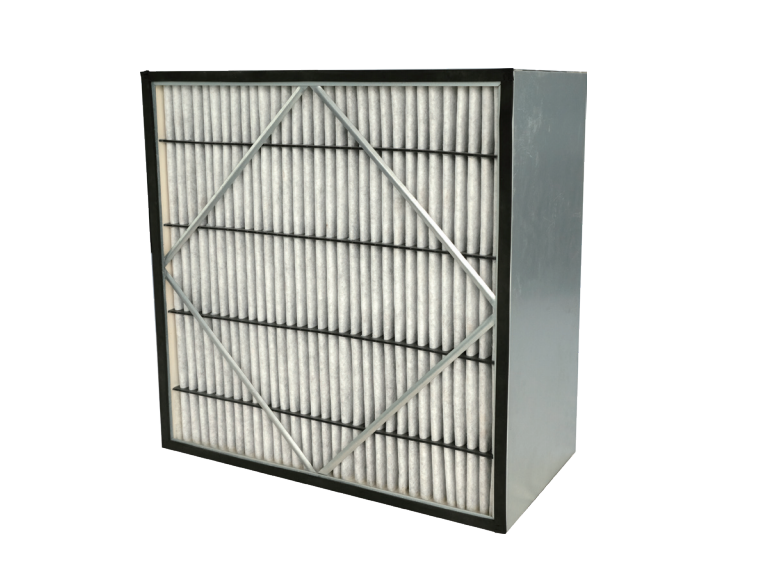Why should we calibrate the instrument?
- 2024-09-09
- 197
- Esky Purify
Instruments may lose precision or develop errors due to long-term use or environmental changes, and calibration is an important process to ensure the precision and accuracy of instruments.

Importance of Instrument Calibration
Ensure Accuracy and Reliability
Instrument calibration helps reduce errors in data acquisition and analysis, ensures the accuracy of measurement results in different environments and conditions, and provides you with reliable and consistent measurement results.
Comply with regulations and standards
Many industries require their instruments to be calibrated regularly to meet compliance requirements of regulations and standards set by regulatory agencies (such as FDA or ISO).
Extend instrument life
Without calibration, instrument errors will gradually accumulate and may cause the instrument to fail completely. Regular calibration can reduce errors and detect wear or damage to instrument parts in advance, prevent problems before they occur, and extend the life of the instrument.

Instrument calibration can also avoid wasting time, material and manpower due to distorted test data. In general, instrument calibration is essential to maintaining the normal operation of equipment. Ensuring the accuracy of the instruments used can ensure product quality, improve product qualification rate and reduce production costs. For laboratories, it is an important task to ensure data accuracy, reliable measurement data and operator safety.
Therefore, it is very important to perform regular calibration to ensure that the instrument is always in the best condition.
















 Home
Home Product
Product News
News phone
phone